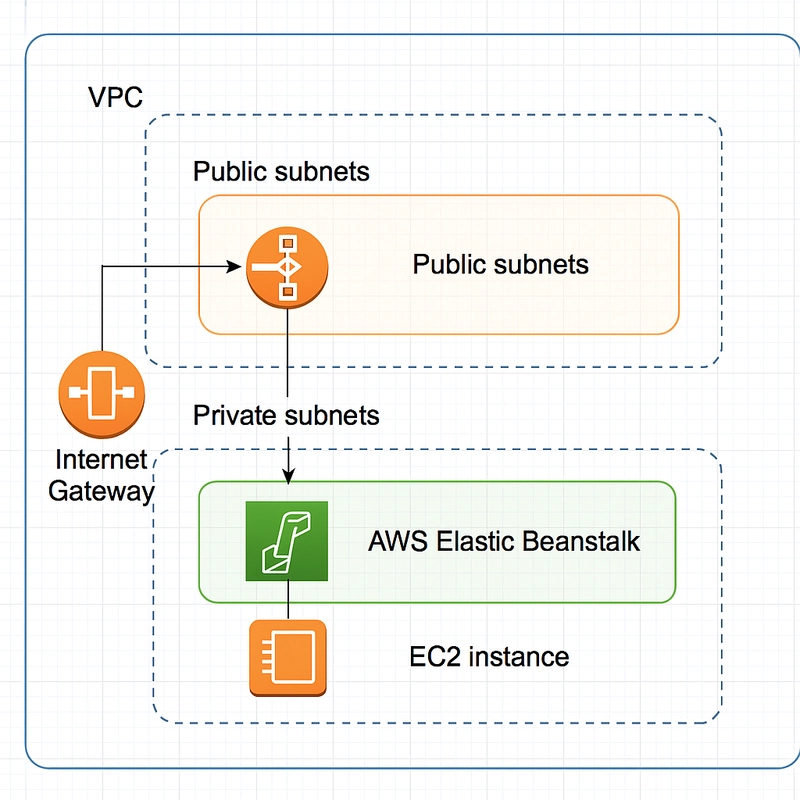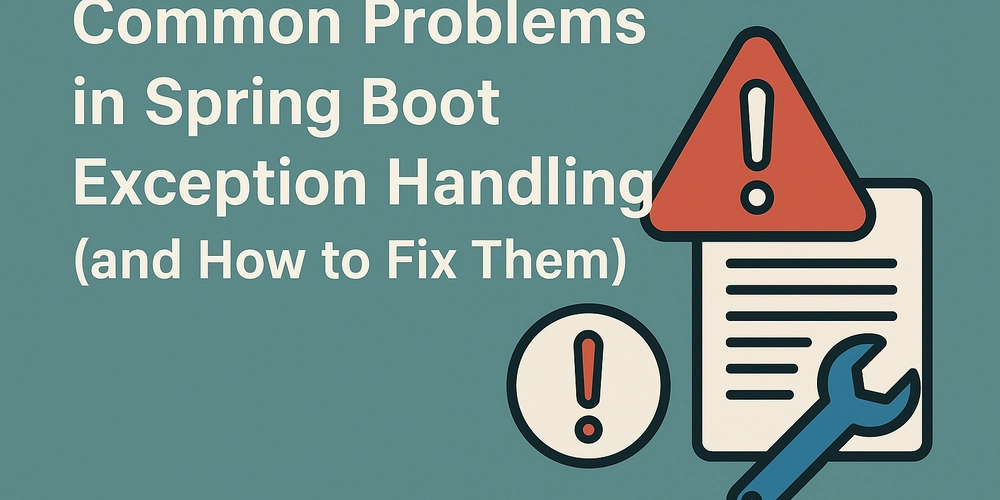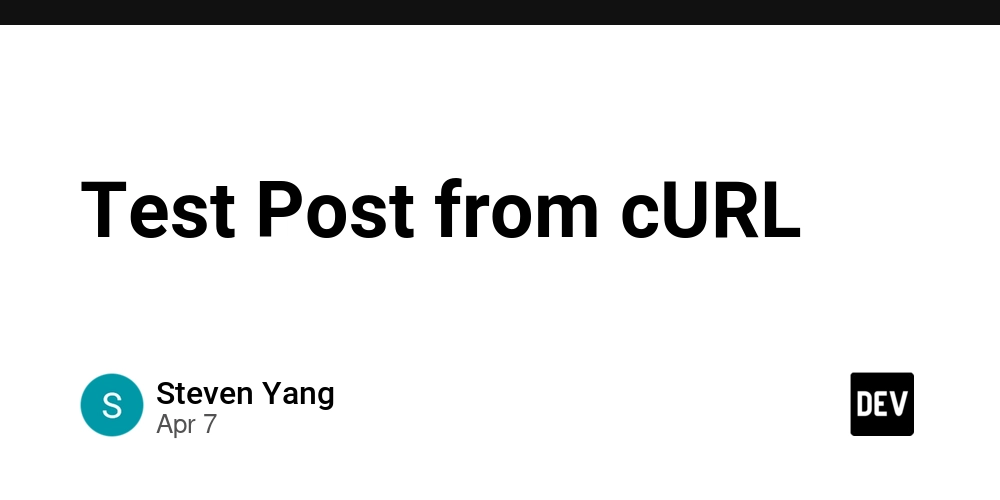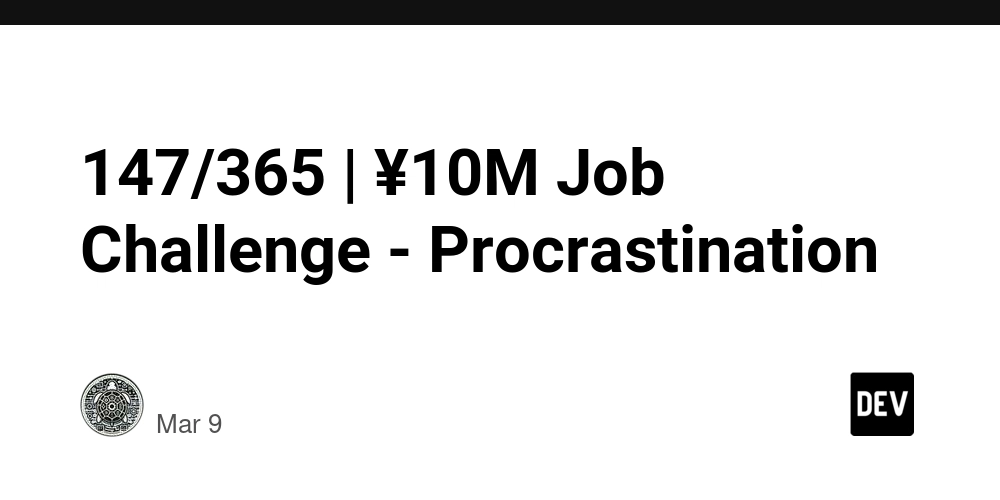Simplify Your PHP Code with KISS, YAGNI, and DRY
Simplify Your PHP Code with KISS, YAGNI, and DRY Good code doesn’t need to be complicated. Principles like KISS, YAGNI, and DRY help you write cleaner, more maintainable PHP code without changing what it does. In this article, we’ll take a super simple example and improve it using these ideas, showing how they make your code better—step by step. What Are These Principles? KISS (Keep It Simple, Stupid): Avoid unnecessary complexity. Simple code is easier to read and less prone to bugs. YAGNI (You Ain’t Gonna Need It): Don’t add features you don’t need right now. Keep your code focused. DRY (Don’t Repeat Yourself): Avoid duplicating code. Centralize logic to make updates easier. Let’s see them in action with a example. Managing User Discounts and Final Price Calculating a user’s final price after applying a discount based on their membership status. Both versions will produce the same output, but the "after" version will be cleaner and more maintainable. Before: Overly Complicated and Redundant The output Original Price: 200 Discount Amount: 40 Final Price: 160 Discount applied successfully for premium user. What’s Messy Here? KISS Violation: Nested if statements make the discount logic overly complex. The $discountAmount > 0 check is redundant since the discount rate and price are positive. YAGNI Violation: The $minimumPriceThreshold check and $logMessage variable suggest future functionality (logging or price validation), but they’re not needed now. DRY Violation: The discount calculation logic is repeated for "premium" and "standard" users, duplicating code unnecessarily. After: Simple and Maintainable The output Original Price: 200 Discount Amount: 40 Final Price: 160 Discount applied successfully. Why It’s Better: KISS: The discount logic is simplified by using an array to store rates and a single calculation ($originalPrice * $discountRate). No nested if statements. YAGNI: Removed the $minimumPriceThreshold and $logMessage since they’re not required for the current functionality. DRY: The discount logic is centralized with the $discountRates array, eliminating repetition across user types. Congratulations—you’ve made it to the end! By sticking with us, you’ve unlocked the power of KISS, YAGNI, and DRY—principles that can transform the way you write code. Try applying them to your next project and see the difference for yourself. Have you used these ideas before? Share your thoughts or success stories in the comments below!

Simplify Your PHP Code with KISS, YAGNI, and DRY
Good code doesn’t need to be complicated. Principles like KISS, YAGNI, and DRY help you write cleaner, more maintainable PHP code without changing what it does. In this article, we’ll take a super simple example and improve it using these ideas, showing how they make your code better—step by step.
What Are These Principles?
KISS (Keep It Simple, Stupid): Avoid unnecessary complexity. Simple code is easier to read and less prone to bugs.
YAGNI (You Ain’t Gonna Need It): Don’t add features you don’t need right now. Keep your code focused.
DRY (Don’t Repeat Yourself): Avoid duplicating code. Centralize logic to make updates easier.
Let’s see them in action with a example.
Managing User Discounts and Final Price
Calculating a user’s final price after applying a discount based on their membership status. Both versions will produce the same output, but the "after" version will be cleaner and more maintainable.
Before: Overly Complicated and Redundant
$minimumPriceThreshold) {
$discountAmount = $originalPrice * $discountRatePremium;
if ($discountAmount > 0) {
$finalPrice = $originalPrice - $discountAmount;
} else {
$finalPrice = $originalPrice;
}
} else {
$finalPrice = $originalPrice;
}
} elseif ($userType === "standard") {
if ($originalPrice > $minimumPriceThreshold) {
$discountAmount = $originalPrice * $discountRateStandard;
if ($discountAmount > 0) {
$finalPrice = $originalPrice - $discountAmount;
} else {
$finalPrice = $originalPrice;
}
} else {
$finalPrice = $originalPrice;
}
} else {
$finalPrice = $originalPrice; // No discount for guests
}
// Unnecessary logging feature we don’t use yet
$logMessage = "User type: $userType, Original: $originalPrice, Final: $finalPrice";
// Specific condition tied to a hardcoded value
if ($finalPrice === 160) {
$status = "Discount applied successfully for premium user.";
} else {
$status = "No special discount condition met.";
}
echo "Original Price: $originalPrice\n";
echo "Discount Amount: $discountAmount\n";
echo "Final Price: $finalPrice\n";
echo "$status\n";
?>
The output
Original Price: 200
Discount Amount: 40
Final Price: 160
Discount applied successfully for premium user.
What’s Messy Here?
- KISS Violation: Nested if statements make the discount logic overly complex. The $discountAmount > 0 check is redundant since the discount rate and price are positive.
- YAGNI Violation: The $minimumPriceThreshold check and $logMessage variable suggest future functionality (logging or price validation), but they’re not needed now.
- DRY Violation: The discount calculation logic is repeated for "premium" and "standard" users, duplicating code unnecessarily.
After: Simple and Maintainable
0.20, // 20% discount
"standard" => 0.10, // 10% discount
"guest" => 0.0 // No discount
];
// Calculate discount and final price directly
$discountRate = $discountRates[$userType] ?? 0.0; // Default to 0 if user type is invalid
$discountAmount = $originalPrice * $discountRate;
$finalPrice = $originalPrice - $discountAmount;
// Flexible status message using a ternary operator
$status = ($discountAmount > 0) ? "Discount applied successfully." : "No discount applied.";
echo "Original Price: {$originalPrice}\n";
echo "Discount Amount: {$discountAmount}\n";
echo "Final Price: {$finalPrice}\n";
echo "{$status}\n";
?>
The output
Original Price: 200
Discount Amount: 40
Final Price: 160
Discount applied successfully.
Why It’s Better:
- KISS: The discount logic is simplified by using an array to store rates and a single calculation ($originalPrice * $discountRate). No nested if statements.
- YAGNI: Removed the $minimumPriceThreshold and $logMessage since they’re not required for the current functionality.
- DRY: The discount logic is centralized with the $discountRates array, eliminating repetition across user types.
Congratulations—you’ve made it to the end! By sticking with us, you’ve unlocked the power of KISS, YAGNI, and DRY—principles that can transform the way you write code. Try applying them to your next project and see the difference for yourself. Have you used these ideas before? Share your thoughts or success stories in the comments below!











































































































































































![[The AI Show Episode 142]: ChatGPT’s New Image Generator, Studio Ghibli Craze and Backlash, Gemini 2.5, OpenAI Academy, 4o Updates, Vibe Marketing & xAI Acquires X](https://www.marketingaiinstitute.com/hubfs/ep%20142%20cover.png)




























































































































![[DEALS] The Premium Learn to Code Certification Bundle (97% off) & Other Deals Up To 98% Off – Offers End Soon!](https://www.javacodegeeks.com/wp-content/uploads/2012/12/jcg-logo.jpg)


![From drop-out to software architect with Jason Lengstorf [Podcast #167]](https://cdn.hashnode.com/res/hashnode/image/upload/v1743796461357/f3d19cd7-e6f5-4d7c-8bfc-eb974bc8da68.png?#)








































































































.png?#)

































_Christophe_Coat_Alamy.jpg?#)
 (1).webp?#)





































































































![Apple Considers Delaying Smart Home Hub Until 2026 [Gurman]](https://www.iclarified.com/images/news/96946/96946/96946-640.jpg)
![iPhone 17 Pro Won't Feature Two-Toned Back [Gurman]](https://www.iclarified.com/images/news/96944/96944/96944-640.jpg)
![Tariffs Threaten Apple's $999 iPhone Price Point in the U.S. [Gurman]](https://www.iclarified.com/images/news/96943/96943/96943-640.jpg)




































































































































